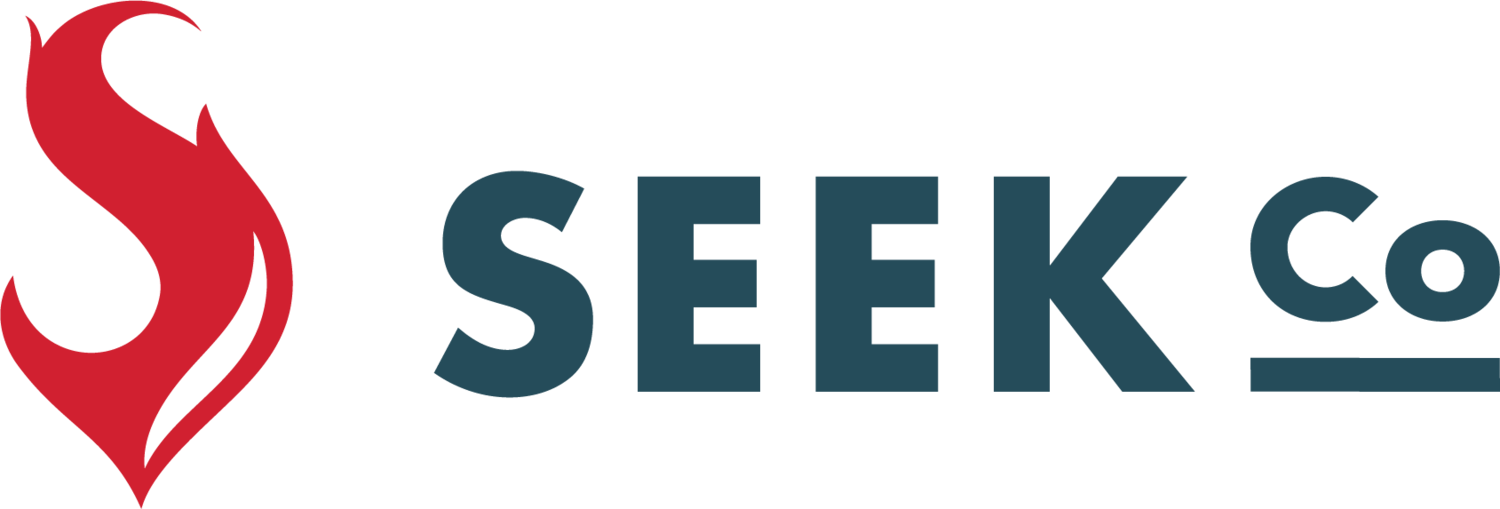How improv classes made me a better qualitative moderator - and can do the same for you!
As a qualitative researcher, I spend a majority of my day connecting with the people brands serve. My goal is to make the person feel listened to, valued for their thoughts and opinions, and to connect with them on a personal level. Only when this is accomplished do I get to hear what they really think. But as critical as these listening skills are, they’re rarely taught in business school. Luckily they are taught in improv school.
Perhaps it seems like listening and connecting with people isn’t really a skill since most of us do this every day on some level. But what I’ve learned is active listening, forging connections and having empathy can be learned and developed, rather than a skill we inherently possess. In fact, before I started on my improv journey, I really wasn’t a great listener. I was a good talker, a good presenter and had decent persuasion skills, but my listening skills were lacking significantly.
To be honest I didn’t start off taking improv classes because I wanted to become a better moderator or listener. I started improv because since I was a kid I’ve always been drawn to theater and comedy, having done theater growing up and having worked at Disney World in the 90’s as a Jungle Cruise skipper telling bad jokes and interacting with audiences. Improv classes in my late 30’s was my way to have a little fun, meet some new people and take a break from adulting and “Corporate America.” I guess the real joke is that improv was the very thing that helped take my career to the next level, moving from a corporate Consumer Insights role to a qualitative consultant role.
Let me explain what I mean by improv. Improv is essentially an unscripted play; the actors don’t know what will happen on stage, and we make it up as we go along.
It all starts with the principle of saying “Yes, and.”
This means we agree to whatever our scene partner has said, suspend all judgment and add to the situation. To do this we have to develop strong active listening skills, suspend any judgment about ourselves, our partners or the scene, have the ability to adapt and switch gears in a moment’s notice, and connect with our scene partners in an authentic way that builds trust and confidence. It’s only then that the scene and show will come together. And it takes practice, a lot of practice. But the euphoria of performing a solid scene is extremely rewarding.
It turns out this training (intense at times) has shaped me into being a great moderator and researcher. I’ve learned to listen actively and truly hear what someone is saying with my whole being, which is so important in qualitative studies. So often we are distracted by our own thoughts or agenda or what the client is expecting to hear. Withholding judgment is also a critical skill for good moderators. Rather than pass judgment and question opinions, I lead with curiosity and empathy for the respondent and their viewpoints. I’ve also learned to quickly adapt in a moment’s notice to changes in a discussion guide or topic. On stage things move and change quickly from scene to scene, and we can apply the same brain muscle to quickly changing gears if needed in a qualitative study.
While not everyone can or wants to become the next Tina Fey or Will Ferrell, improv is an excellent training ground for so many business and life skills, and it is a really fun way to meet other people you may never have encountered in your real life. I suggest trying an intro class, they’re usually free and group oriented. Also many theaters will design workshops to cater to the business professional. I promise you will walk away learning something new you can apply not only to your career, but also to your relationships and life.

